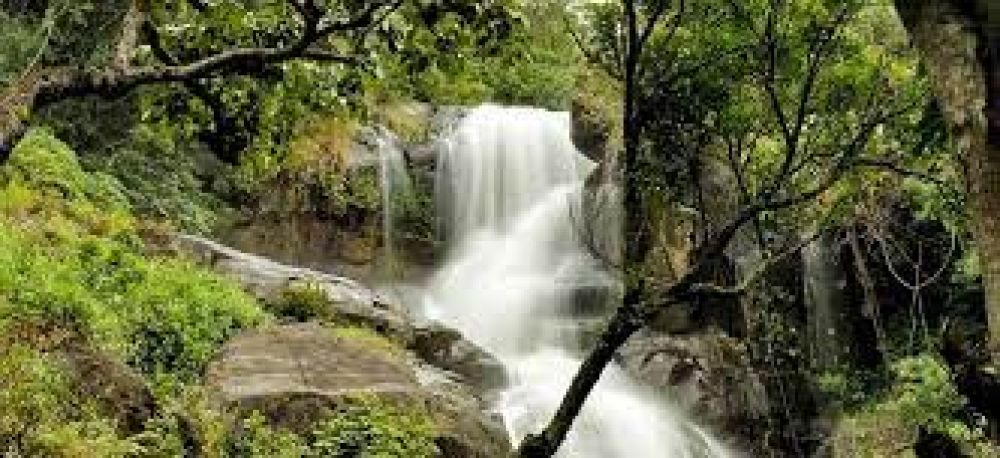

The history of tourism in Wayanad, a district nestled in the verdant hills of Kerala, India, is intimately tied to its natural beauty and cultural heritage. Known for its picturesque landscapes, sprawling spice plantations, and rich biodiversity, Wayanad has always attracted nature enthusiasts, adventurers, and those seeking serenity.
Historically, Wayanad was relatively obscure to mainstream tourism, partly due to its remote location and lack of infrastructure. It was a hidden gem cherished by local tribes and known among British colonials for its cool climate and lush environs. With the establishment of wildlife sanctuaries like the Muthanga Wildlife Sanctuary (now Wayanad Wildlife Sanctuary) in 1973, the region began to gain attention for its ecological significance.
The transformation of Wayanad into a tourism hub began in earnest in the 1980s and 1990s when the state of Kerala marketed itself as "God's Own Country." The branding highlighted the state's natural attractions, including the backwaters, hill stations like Wayanad, and cultural experiences.
Infrastructure developments, such as better roads and increased accommodation options, made Wayanad more accessible to visitors. The introduction of eco-tourism projects provided structured ways for tourists to enjoy the natural bounty without causing environmental degradation.
As the world became more interconnected through the internet and social media, Wayanad's prominence as a tourist destination grew. Images and stories of its breathtaking landscapes and wildlife quickly spread, drawing in a global audience. This increased exposure led to a significant boost in tourism, which in turn encouraged the development of a range of hospitality services catering to different budgets and preferences.
Recognition of Wayanad's cultural value also grew as tourists began to explore beyond the scenic vistas. The district is home to the Edakkal Caves, which feature petroglyphs believed to be as old as 6000 BCE, representing some of the earliest known human settlements in the region. Such historical and archeological sites have added layers of interest to the region, further driving tourism growth.
The latest trend in Wayanad tourism is a growing focus on responsible and sustainable practices. With the rise of eco-conscious travelers, Wayanad's tourism providers are increasingly promoting activities and accommodations that have minimal environmental impact. Homestays, organic farms, and nature retreats are gaining popularity, offering authentic experiences while supporting local communities and conservation efforts.
Adventure tourism is another growing sector, with opportunities for trekking, mountain biking, and wildlife safaris. The district's challenging terrain and diverse ecosystems present exhilarating experiences for outdoor enthusiasts.
Looking to the future, Wayanad's tourism industry aims to balance growth with ecological preservation. Initiatives such as capacity regulation in protected areas, promotion of off-season travel, and community-based tourism are expected to contribute to sustainable growth. Bold efforts like these ensure that Wayanad will continue to enchant visitors for generations to come.